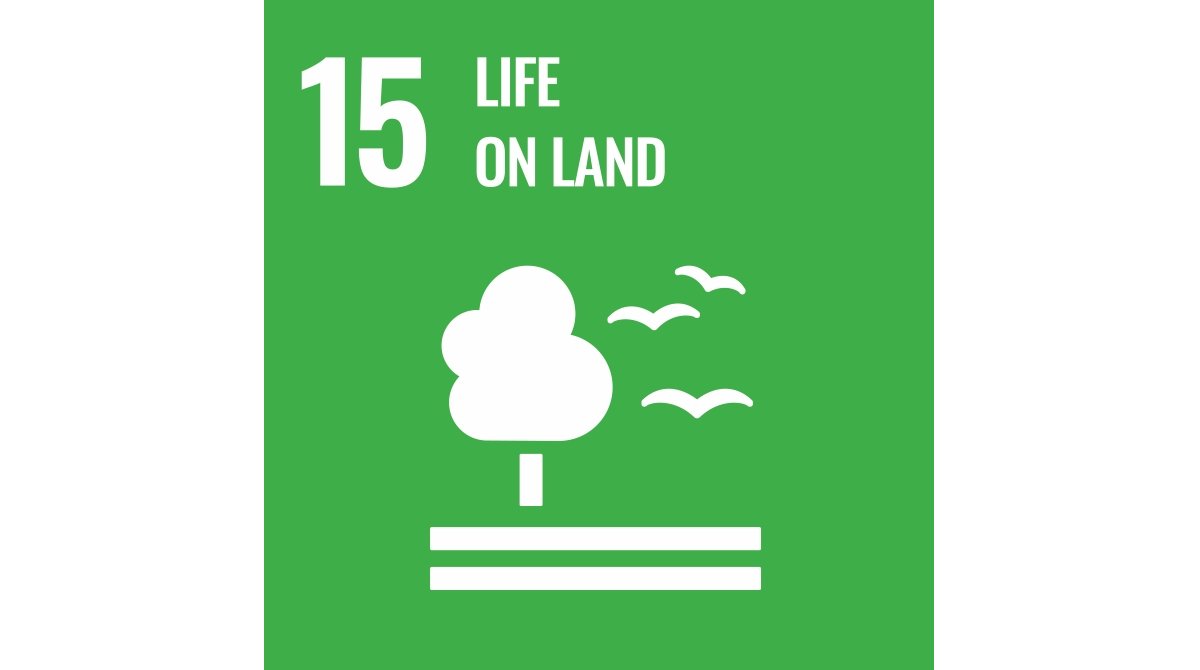Sociohistorical research opens up perspectives into the history of production animals and the meat industry
In her research, Professor of Social History Marja Jalava examines the expansion of commercial animal production as an element in the breakthrough of modern industrial capitalism in Finland and the resulting changes in the relationships between animals and people from the 1890s to 1960s. The research focuses specifically on the transformation of pig farming from small-scale husbandry for household needs to industrial animal production, which resulted in pigs being viewed as goods for the purposes of the meat industry. At the same time, small farmers began to be groomed into producers operating at the terms of the market economy, who were required to adopt an entrepreneurial approach to people, animals, plants and the environment.
Jalava seeks to problematise this collectively adopted new thinking around production animals and people by studying how capitalistic profit-seeking was materialised in the form of new types of agricultural entrepreneurs and new kinds of production animals. At the same time, Jalava analyses the ways in which meat began to gain an increasingly important role in the Finnish diet, which was mostly built around potato and grain in the early 20th century. The massive increase in animal product and meat consumption during the 20th century is currently a key cause for climate change and the environmental crisis, which is why it is important to study its history, i.e. what lead to this untenable development.
Jalava’s research also contributes to the following SDGs: 12, 13.
Read more about the research (in Finnish).
Study on the current state of and future alternatives to fur farming
Tampere University researcher Eija Vinnari has analysed the current state of Finnish fur farming and how a structural change in the field could be carried out in a controlled and fair manner. The report was prepared by commission of the Animalia animal rights organisation within the framework of the ORSI research project.
The study also contributes to the following SDGs: 11.
Read more about the study (in Finnish).
Making the invisibles visible: a study on the visibility of animals in sustainable accounting
Tampere University researcher Eija Vinnari and University of Helsinki researcher Markus Vinnari have studied the inclusion of animals in sustainable accounting. In their article, they suggest that animals could be taken into account as a separate dimension of sustainability. The article also provides practical examples of indicators that organisations could use to measure the well-being of animals and the achievement of goals related to their rights.
The study also contributes to the following SDGs: 14.

